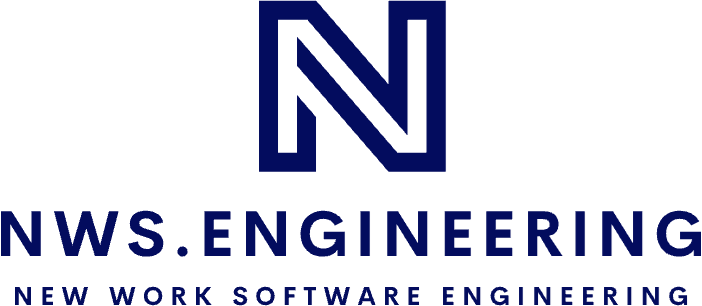The legal profession is undergoing a tectonic shift. What used to be slow, manual, and document-heavy is becoming smarter, faster, and more connected. LegalTech is not just about digitizing what was once on paper — it’s about rethinking how legal work is done in a digital world.
From Tools to Transformation
While many still associate LegalTech with document automation or case management software, the field has expanded rapidly. Today’s platforms support everything from AI-assisted contract review to end-to-end compliance workflows and self-service portals. The most progressive legal teams are already using these tools to speed up delivery, reduce risk, and work more collaboratively across departments.
AI as a Legal Co-Pilot
With the rise of Large Language Models, AI is moving from hype to daily use. Legal professionals are now using AI to review clauses, summarize documents, assist with legal research, and even draft routine contracts. These systems won’t replace lawyers — but they will change what lawyers spend their time on. The real value now lies in judgment, negotiation, and strategy.
Risks and Realities
Despite all the promise, LegalTech comes with challenges. Privacy, data protection, and explainability are critical — especially when AI makes decisions. Not every tool is ready for every use case, and not every legal team is ready to adopt new ways of working. There’s also the risk of over-automation: tools should support good legal work, not replace thinking.
The Current State of Legal Work
In many firms and legal departments, the potential of LegalTech remains untapped. Email and Word documents still dominate, workflows are fragmented, and valuable legal knowledge isn’t shared efficiently. But the tide is turning: forward-thinking teams are embedding LegalOps, investing in training, and aligning legal processes with business goals.
“LegalTech is not about replacing lawyers — it’s about empowering them to focus on what matters most.”
What’s Next?
Expect more integration between legal tools and business systems, smarter use of data to manage legal risk, and more intuitive, AI-powered interfaces that help teams get legal answers instantly. No-code platforms will let legal professionals design and adjust workflows without IT. And new roles — from legal engineers to LegalOps specialists — will become the norm.
The question is no longer whether LegalTech will change the legal world — but how fast you're ready to adapt.

